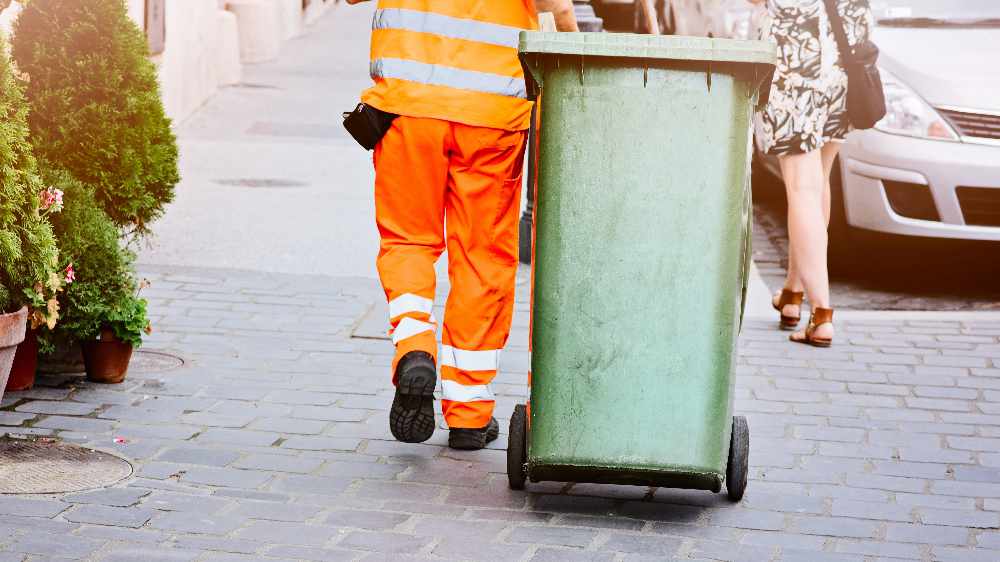
Islanders are being thanked for recycling more at home as new research shows the changing ways residents manage their household waste.
The Isle of Wight Council, in partnership with Amey, has carried out a recycling and waste composition study which shows the typical contents of household recycling bins, paper/card inserts, food caddies and general waste bins.
The study involved reviewing the contents of recycling bins, paper/card inserts, food caddies and general waste bins from houses in selected roads during summer and winter in 2019/20 (pre-coronavirus).
All properties in the selected roads were informed in advance and had the option to opt out of the study.
When compared to the previous research carried out seven years ago, the results show we are now recycling more materials than before.
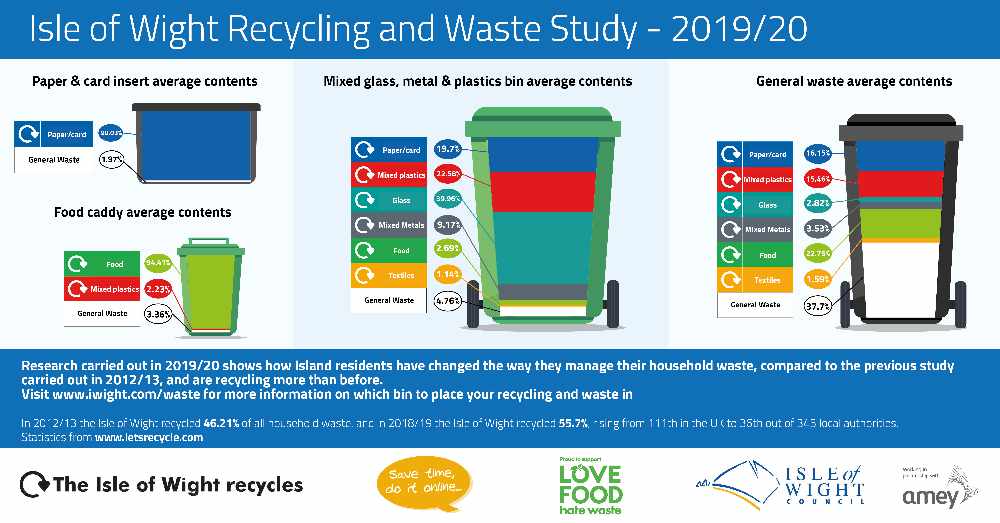
Natasha Dix, the council’s Strategic Manager for Waste and Environment, said:
“Improving our Island's environment for the future is at the heart of all the work we do to minimise waste, reuse and recycle.
"Our improving figures clearly demonstrate the enthusiastic commitment of our community, who we cannot thank enough.
"We continue to need Islanders’ full support in reducing the amount of household waste per person, as we remain determined and dedicated to achieving our goal of zero non-essential waste to landfill and fully maximising recycling."
The findings show how Islanders have embraced recycling with their efforts helping the Isle of Wight rise from 111th in the UK for the amount of household waste recycled and composted, to 36th out of 345 other areas in 2018/19.
In 2012/13 the Island recycled 46.21 per cent, compared to 55.7 per cent in 2019/20.
The new composition study shows we can recycle even more and push the Isle of Wight towards being the best in the UK.
The study found 60 per cent of material in the average general waste bin on the Island could have been recycled, reused or composted, including paper/card, plastics, metals and glass.
We were also very surprised to find that nearly a quarter of the materials in the general waste is food. That means the contents of one in four general waste sacks could have been composted.
Cabinet member for Waste and Recycling Management, Councillor Steve Hastings, said:
“I would like to thank Island residents for how they have improved the way they sort household recycling, food and waste by using the different recycling opportunities.
“We are seeing year on year improvements and it goes to show what a terrific commitment our residents are making throughout the Island.
“I’d also like to say a big thank you to the council's waste management team and our partner Amey for their excellent ongoing initiatives to help residents improve recycling."
Natasha added:
"The study showed that if residents put everything that could be recycled in their recycling bin or green sack and paper/card boxes/blue sacks, as well as remembering the weekly food waste collection, we would have a recycling rate of well over 70 per cent which would put the Island top in the country by some distance.
“As the research found nearly a quarter of a typical general waste is food waste, we will soon be launching a detailed food waste campaign aimed at encouraging more people to use their food caddies which are collected weekly.
"This is very important because any food that is not used in the home is sent to be turned into compost and generate electricity, which helps the environment and reduces waste to landfill.”
Paul Southall, Amey’s Account Director on the Island, added:
"The Isle of Wight Council in partnership with Amey have instigated strong communications campaigns and provided clear information to help guide and encourage residents with their recycling.
"A strong foundation has been the Island’s collection service and its efficient delivery, with the ongoing emphasis on maximising recycling and minimising waste."
Residents can find lots of information about waste services on the council’s website by visiting www.iwight.com/waste

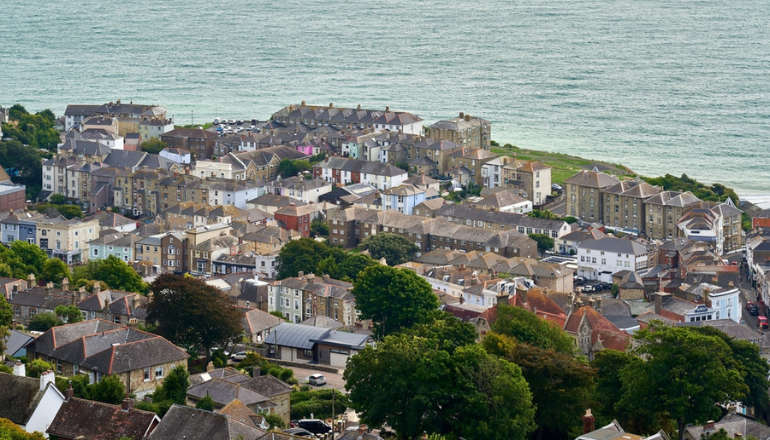 Councillor Coy On Isle Of Wight Social Housing
Councillor Coy On Isle Of Wight Social Housing
 Warning For Islanders Selling Vehicles To Be 'Scam Aware'
Warning For Islanders Selling Vehicles To Be 'Scam Aware'
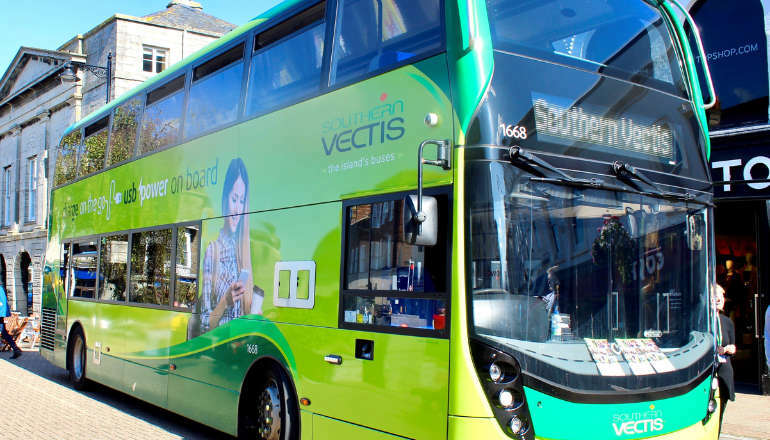 Bus Fares Set To Rise Following Council Meeting
Bus Fares Set To Rise Following Council Meeting
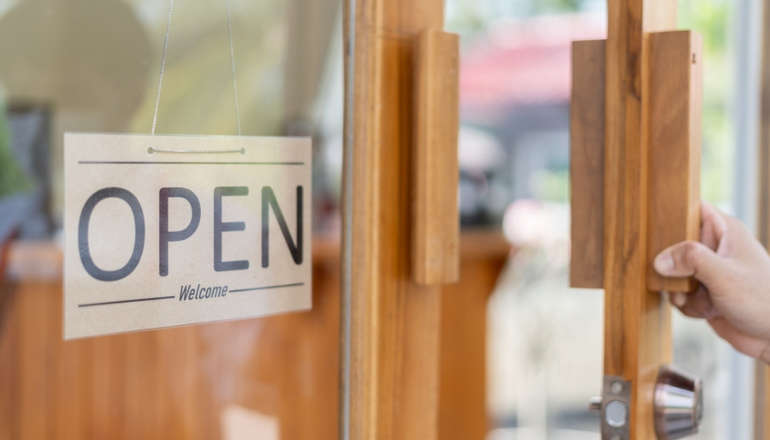 Small Business Support Proposal Passed By Isle Of Wight Council
Small Business Support Proposal Passed By Isle Of Wight Council
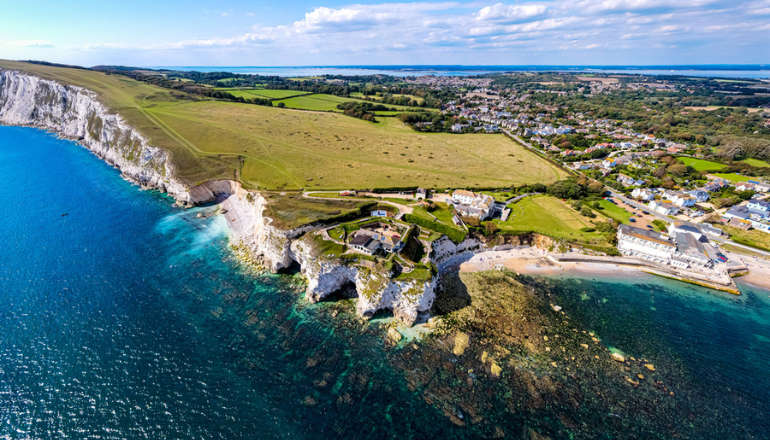 Five-Year Isle Of Wight Area Of Outstanding Natural Beauty Plan Unanimously Approved
Five-Year Isle Of Wight Area Of Outstanding Natural Beauty Plan Unanimously Approved
 More Islanders Cross The Solent With Wightlink’s Discounted Fares For NHS Appointments
More Islanders Cross The Solent With Wightlink’s Discounted Fares For NHS Appointments
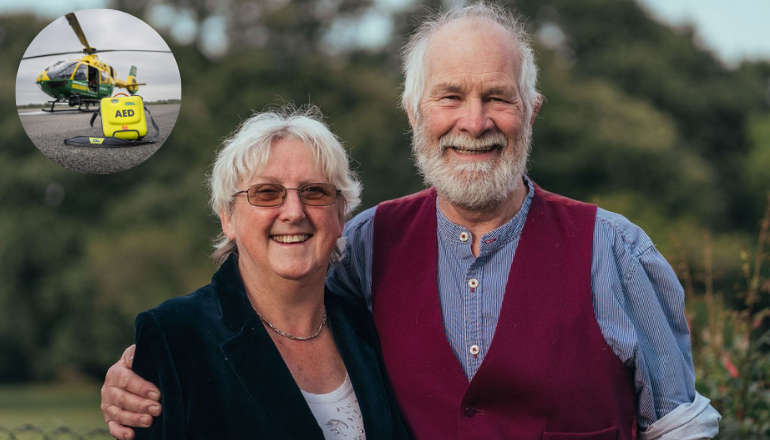 Hampshire And Isle Of Wight Air Ambulance Funds Defibrillators For The Community
Hampshire And Isle Of Wight Air Ambulance Funds Defibrillators For The Community
 Isle Of Wight Council Budget Pressures Likely To Continue Following Autumn Statement
Isle Of Wight Council Budget Pressures Likely To Continue Following Autumn Statement
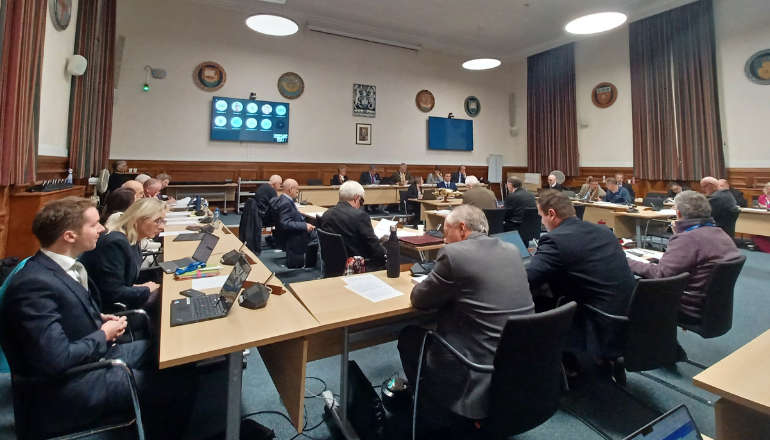 Council Approves Support Package To Help Islanders On Low Incomes
Council Approves Support Package To Help Islanders On Low Incomes
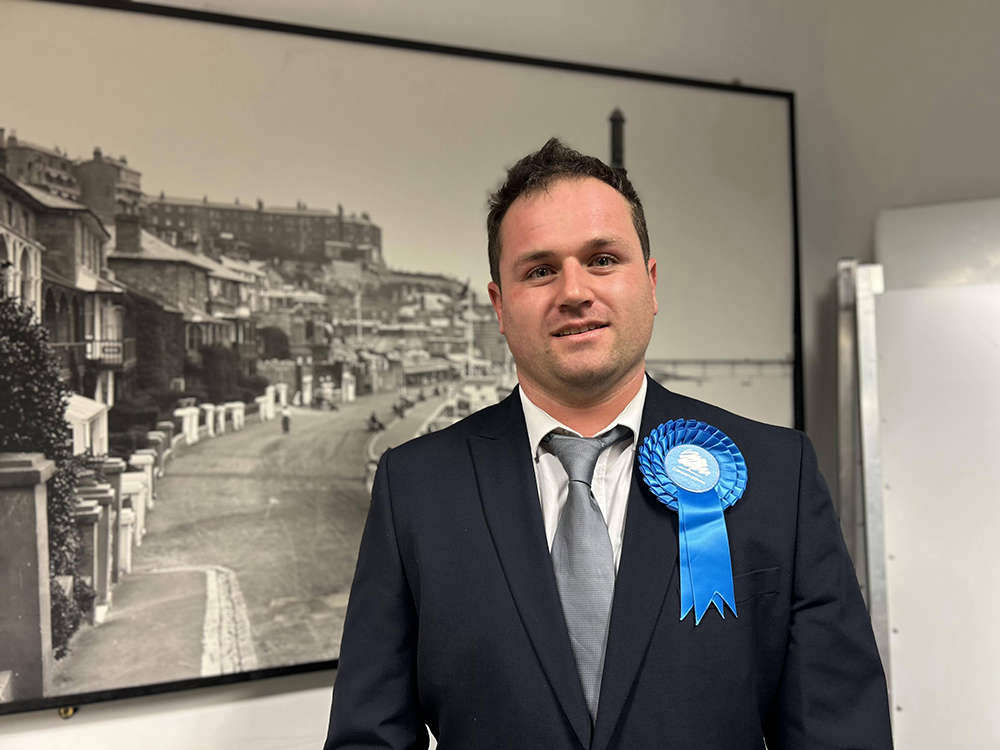 Isle Of Wight Councillor In Mental Health Priority Motion
Isle Of Wight Councillor In Mental Health Priority Motion
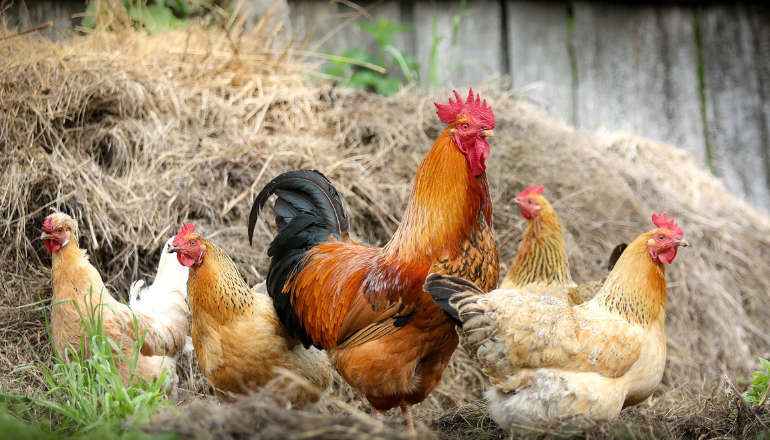 Bird Keepers Urged To Remain Vigilant Following Increased Avian Influenza Risk
Bird Keepers Urged To Remain Vigilant Following Increased Avian Influenza Risk
 Island Pupils Receive Lesson In Road Safety That Could Save Lives
Island Pupils Receive Lesson In Road Safety That Could Save Lives
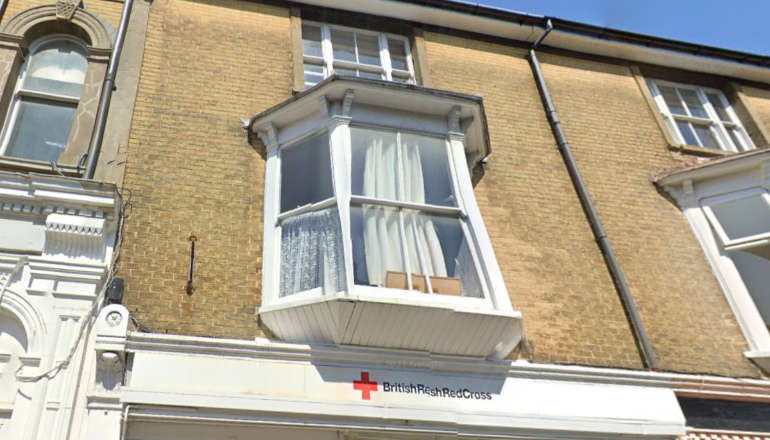 New Shanklin Flats Given Green Light
New Shanklin Flats Given Green Light
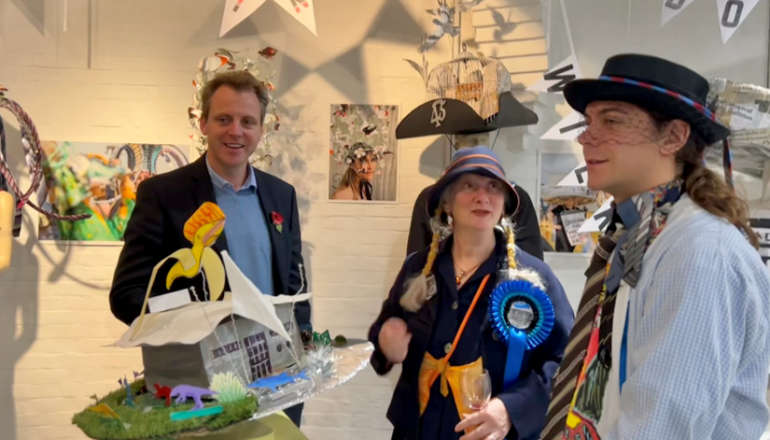 Joe Robertson Appointed Parliamentary Private Secretary For Shadow Culture, Media And Sport
Joe Robertson Appointed Parliamentary Private Secretary For Shadow Culture, Media And Sport
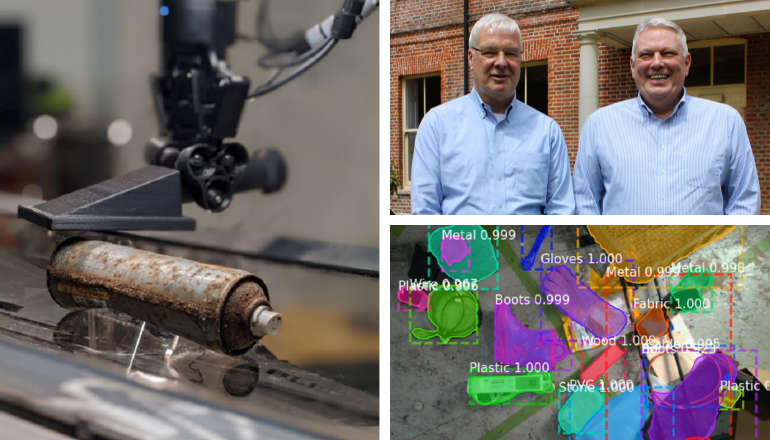 Shanklin Company Making Nuclear Waste Sorting Safer, Greener And Cheaper
Shanklin Company Making Nuclear Waste Sorting Safer, Greener And Cheaper
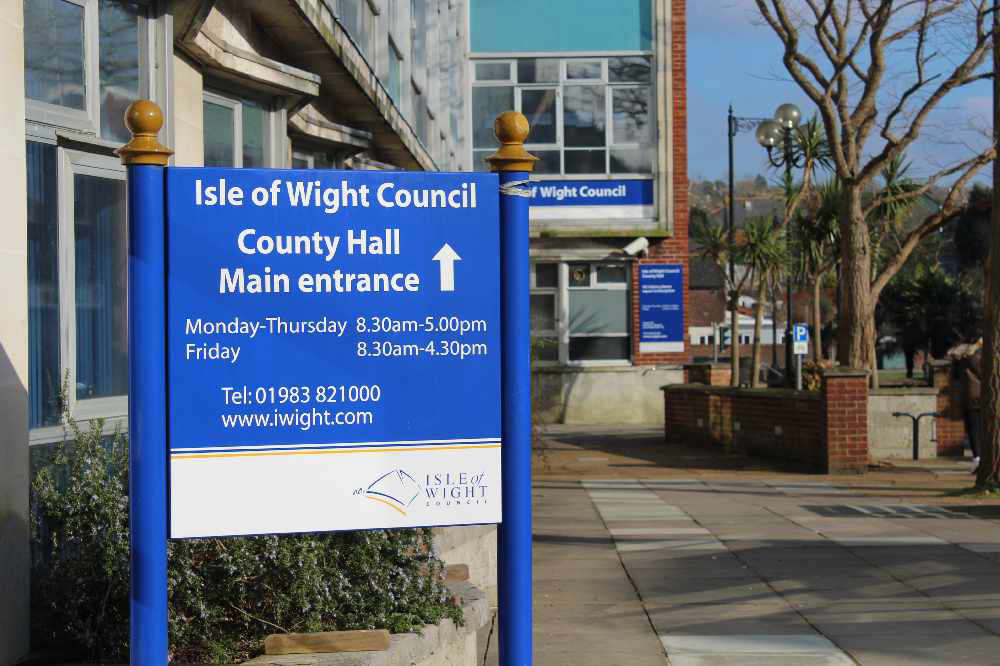 Five-Year Isle Of Wight Landscape Plan Decision On Horizon
Five-Year Isle Of Wight Landscape Plan Decision On Horizon
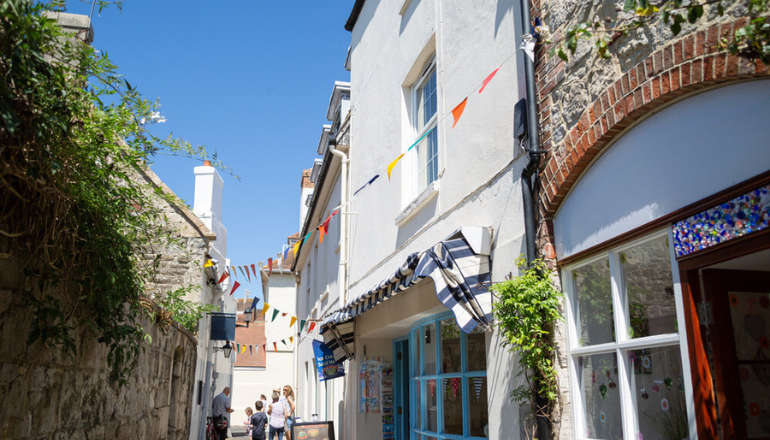 Help Sought For Isle Of Wight's Struggling Small Businesses
Help Sought For Isle Of Wight's Struggling Small Businesses
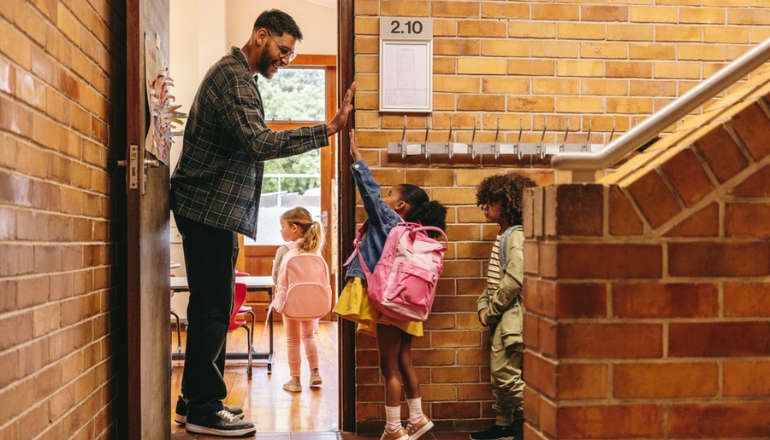 Primary School Admissions For September 2025 Now Open
Primary School Admissions For September 2025 Now Open
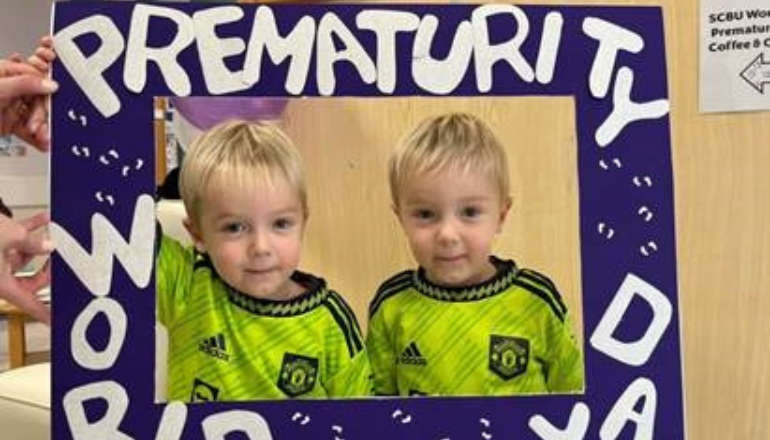 Island Families Invited To Take Tour Of St Mary's Special Care Baby Unit
Island Families Invited To Take Tour Of St Mary's Special Care Baby Unit
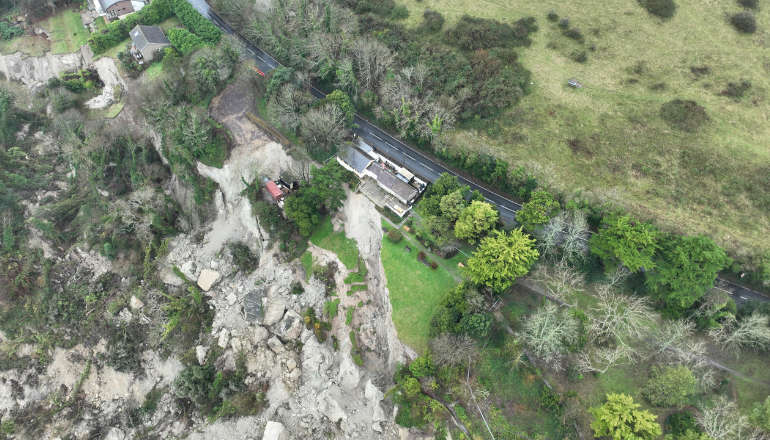 Work To Sink Three Boreholes At Leeson Road Due To Finish This Week
Work To Sink Three Boreholes At Leeson Road Due To Finish This Week


